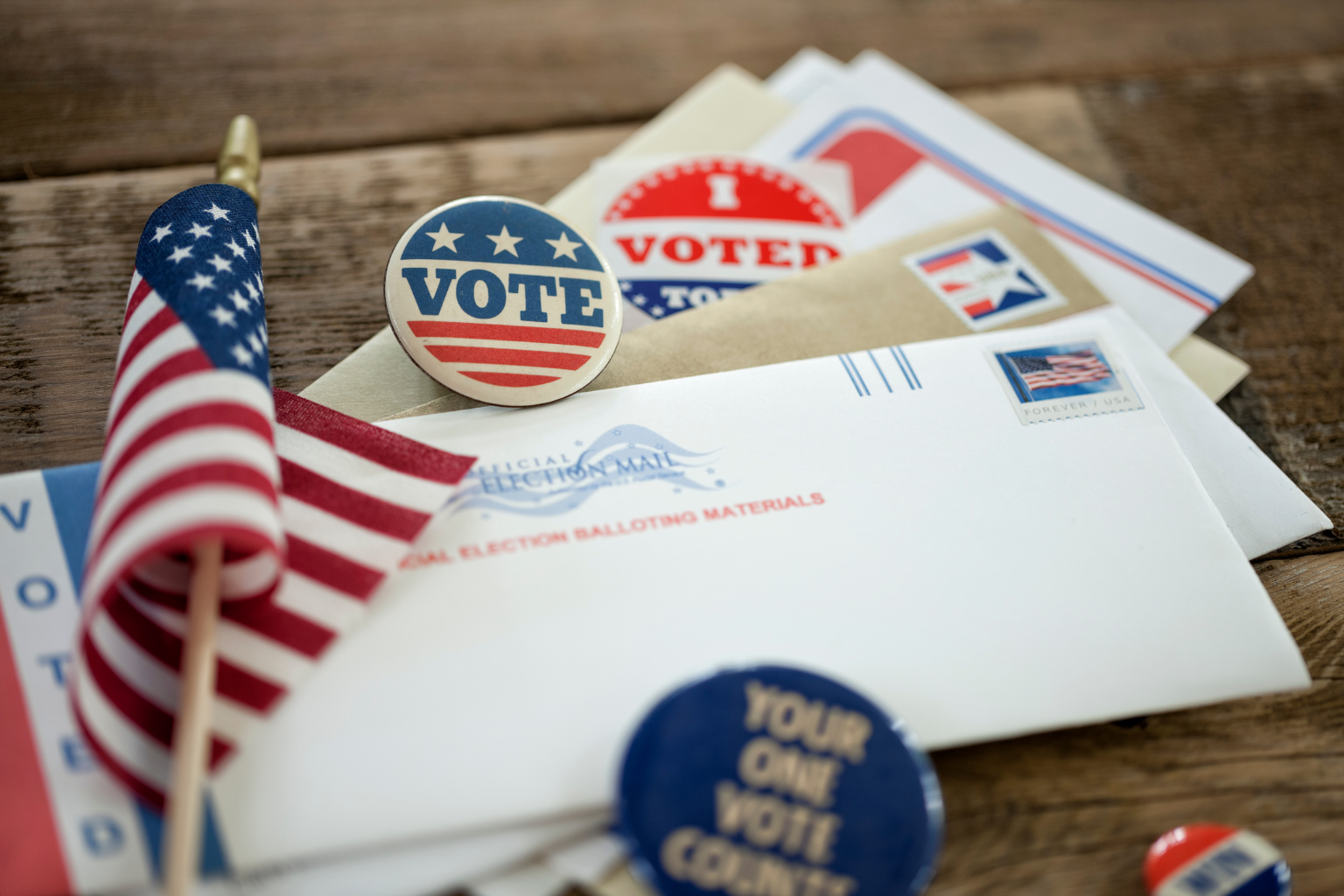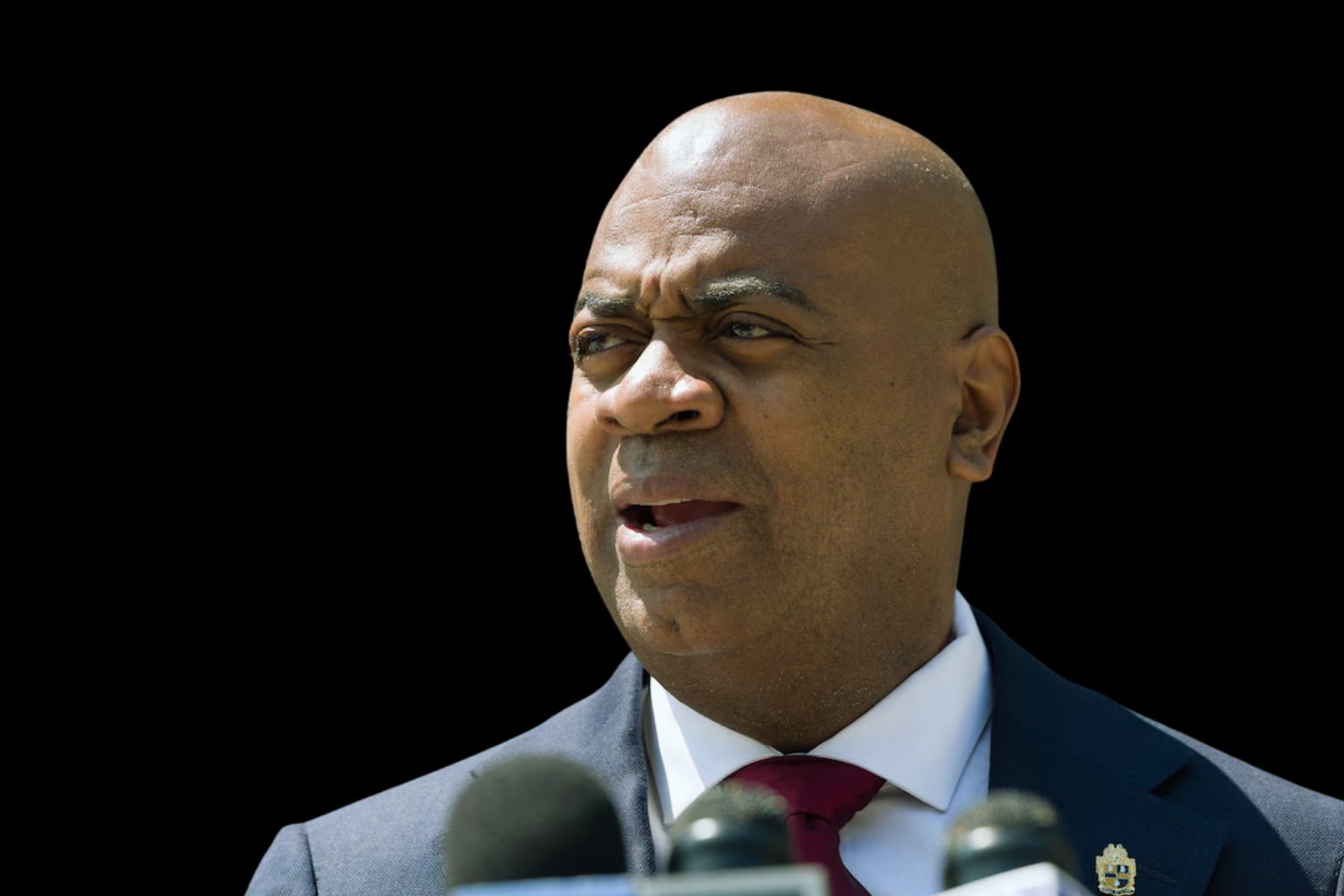New Jersey’s Intense Gubernatorial Election Kicks Off Amid High Stakes

The governor’s race in New Jersey is one of the nation’s most keenly watched and contested, with both major parties preparing for a November battle. The battle is between Democrats Mikie Sherrill and Republicans Jack Ciattarelli, who have very different priorities as interest, money, and voter concern rise this autumn.
From September 20, New Jersey voters can submit mail-in general election ballots, a significant part of its voter access efforts. Early in-person voting is available in the state, including in late October. Participating voters must register by mid-October, with mail-in applications due later in the month. November 4 is election day. As registered voters evaluate candidates, these increased voting alternatives are attracting attention.
This year’s contest broke budget records. Candidates and outside groups have spent over $122 million in primaries. That breaks records and shows how seriously both parties are engaged. Public funding programs, matching funds, and independent expenditure groups—including super PACs—are involved.
Mikie Sherrill leads Jack Ciattarelli in surveys by a little margin. Recent polls suggest 49 percent support for Sherrill and 41 percent for Ciattarelli, with a tiny percentage undecided or supporting minor candidates. The lead is large, but analysts warn that voter excitement, turnout, and shifting concerns could change the outcome.
Taxes, especially property taxes, are major voter concerns. About 30% of prospective voters say taxes are the most important issue when choosing a candidate. Registered voters rating both candidates also concern about government ethics, inflation, health care, and housing expenses. Voter impression favors Ciattarelli for property tax reform, while ethics and governance favor Sherrill.
Sherrill has campaigned on affordability, corruption, and stability, citing her track record and appealing across party lines. Ciattarelli stresses conservatism, promises to restrict government spending, and challenges rising living costs and alleged state governance inefficiencies. The contrast between their messages has increased as both aim to win over suburban and rural independents and swing voters.
How many undecided voters switch candidates, who mobilizes the base, and whether swing voters prefer property taxes or ethics may determine the election. The election will choose New Jersey’s next governor and reflect national political tendencies, especially before the 2026 midterms.
Sources
New Jersey Department of State – Division of Elections reports
AARP New Jersey election guide
Courier Post reporting on campaign finance
New Jersey Monitor political coverage
Brennan Center for Justice analysis
Quinnipiac University poll data
The Jersey Vindicator campaign updates




